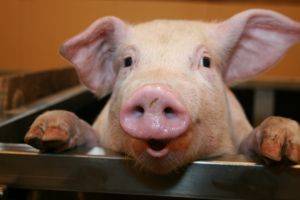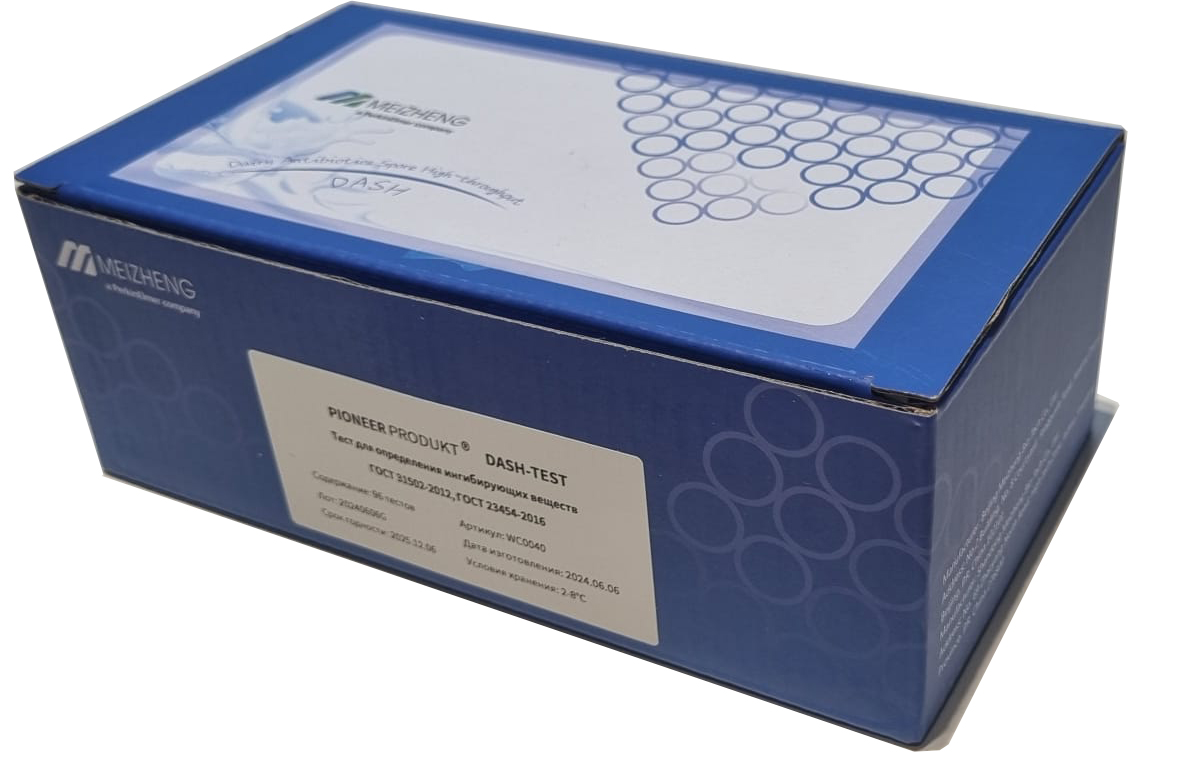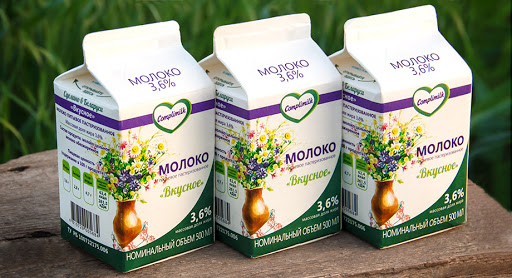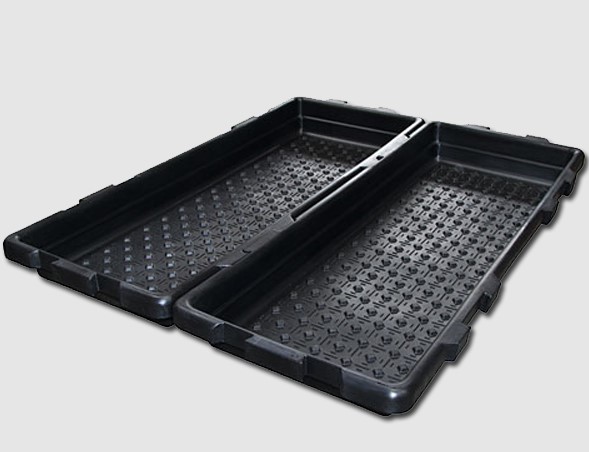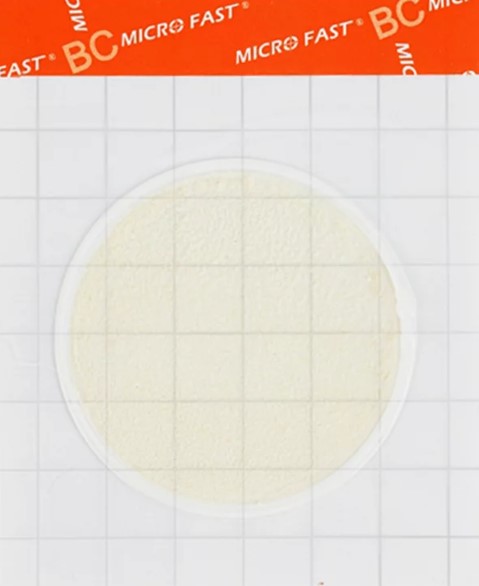ARRIAH prepares to register and launch 10 new vaccines for animals
– Roman Nikolaevich, today an important area is the import substitution of veterinary drugs, especially vaccines. What does the FGBU "ARRIAH" do for this?
Roman Rybin: Since last year, the institute has been actively working on import substitution. We see that the sanctions imposed on RUSSIA are turning into problems with the logistics of supplying veterinary drugs to the Russian market.
In May 2022, the institute's specialists conducted a complete analysis of all veterinary vaccines that are supplied from abroad. We studied the volume of the domestic market, pricing policy and started the development and production of new veterinary drugs. At the same time, production volumes were significantly increased.
- Significantly - how much? What figures are relevant for the Russian market of veterinary vaccines?
Roman Rybin: If in 2021 the FGBI ARRIAH produced 3 billion doses of vaccines, then in 2022 it will be 4.6 billion. In general, the center’s production capacities make it possible to multiply the volume of production and produce the amount of vaccines that is necessary to replace imported vaccines. drugs on the Russian market.
– What kind of vaccines does FGBI “ARRIAH” produce?
Roman Rybin: The company's portfolio includes more than 100 veterinary drugs. The Institute has issued 101 patents for its developments. I will not list everything. I would like to note that ARRIAH produces almost all the vaccines that the Russian poultry industry needs today. Last year, the institute registered 6 new vaccines for animals: cattle, birds, pigs and wild carnivores.
What are the Institute's plans for this year?
Roman Rybin: The most ambitious (smiles). We plan to apply for registration of 10 new vaccines and put them into production, because the domestic market needs these developments, given the need to replace a number of imported drugs that foreign companies have stopped supplying to our country. Farmers understand that imports may not be available at some point, and they are actively starting to switch to Russian vaccines. Compared to 2021, the increase in sales of vaccines produced by FGBI ARRIAH in the domestic market amounted to 76%.
– Tell us more about the vaccines that ARRIAH is developing.
Roman Rybin: One of the new drugs is the MastitVak-EVA vaccine for the prevention of clinical and subclinical mastitis in cattle. It is made from strains isolated in the livestock farms of the country, and there are no analogues to it in Russia. We plan to file an application for registration of this vaccine in 2023.
We are developing a new dry cultural vaccine against porcine reproductive and respiratory syndrome (PRRS) for pig breeding. Currently, clinical trials of the drug are underway, and we also plan to submit documents for its registration this year.
Once again about poultry farming. We have previously developed a vaccine against Newcastle disease based on the La Sota strain, and it is actively used in poultry farms. But since a lower dosage is needed for vaccinating broilers, a new drug “Vaccine against Newcastle disease from the ARRIAH NB-en strain live dry” was developed, for which a registration dossier is now being prepared. The dosage for oral administration is 10 times less, while maintaining the required level of protective protection.
– The Institute has recently gone through a reorganization. Tell us about the new directions of his scientific activity.
Roman Rybin: The result of the reorganization is 33 new branches included in the FGBI ARRIAH. The capabilities of the Institute after the merger with the Central Scientific and Methodological Veterinary Laboratory (TSNMVL) have expanded. For example, for livestock breeders, poultry farmers, we can work on the principle of "one window" - to provide a range of services at once. Not only the production and sale of vaccines, but also scientific support, laboratory research. Something that previously had to be applied separately to TsNMVL.
For example, one of our most important tasks is to analyze the risks associated with bringing certain infections into the Russian Federation. Under the leadership of the central office of the ROSSELKHOZNADZOR, we have created an interactive map for online forecasting of the risks of introducing especially dangerous diseases into Russia and their spread. Institute scientists enter all available relevant data on 12 especially dangerous animal diseases, including African swine fever, highly pathogenic avian influenza, foot and mouth disease, rabies, Newcastle disease, bluetongue, classical swine fever and others.
- So you are working on a warning?
Roman Rybin: Yes. In addition, scientists of the institute analyze new strains of pathogens of dangerous animal infections that occur on the territory of the globe, monitor their spread. If a new strain, which was not previously in our country, is brought to the territory of Russia, we will be ready for this, we will be able to produce a vaccine as soon as possible and stop the outbreak of the disease.

